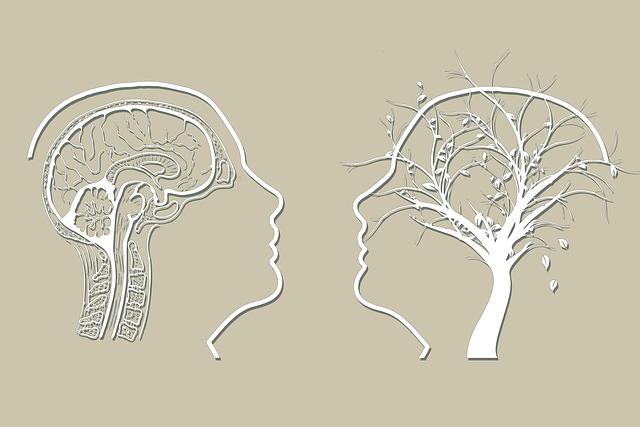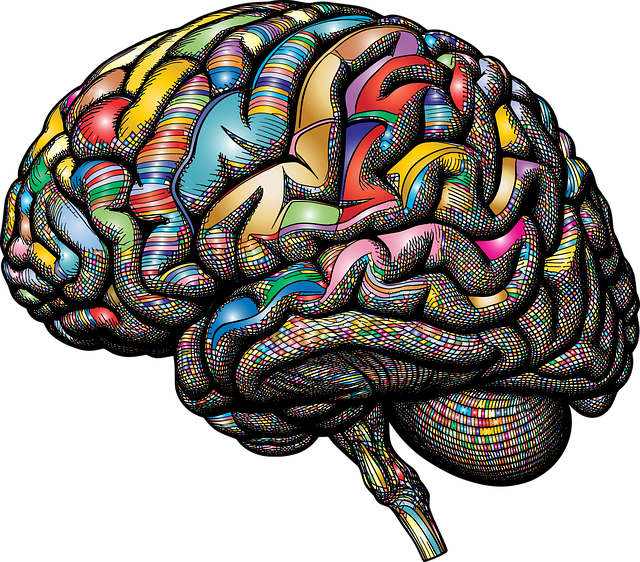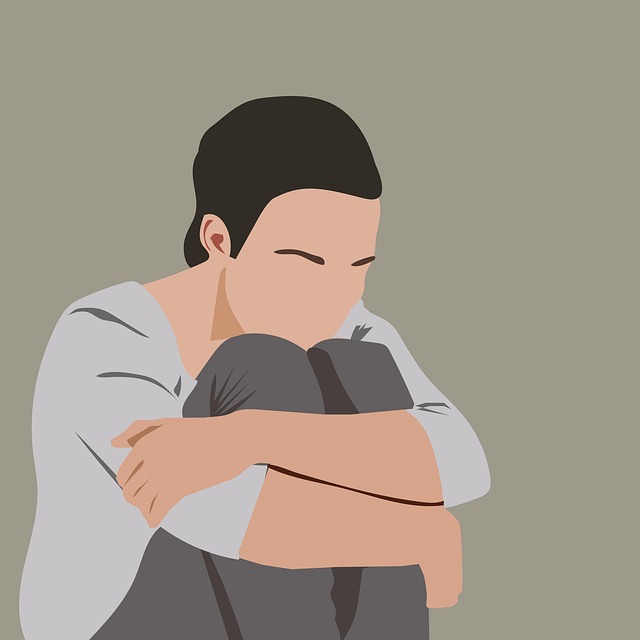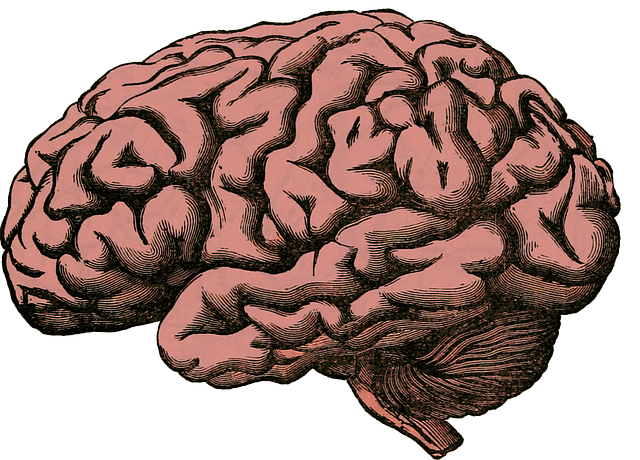Therapy for young adults with neuro disorders, such as ADHD or ASD, addresses unique challenges including substance abuse. Tailored interventions focus on education, healthy coping strategies, and emotional healing. Cognitive Behavioral Therapy (CBT) teaches mindfulness and negative thought patterns management to reduce drug misuse, while Medication-Assisted Treatment (MAT) combines medications with behavioral therapies for comprehensive care. Building supportive communities through family, peer groups, and public awareness campaigns creates a culture of care, reducing substance abuse risks by fostering understanding and non-judgment in mental healthcare practices.
“Substance abuse among young adults with neuro disorders poses unique challenges. This article delves into comprehensive risk reduction strategies tailored for this demographic. We explore the intricate relationship between neuro disorders and substance misuse, highlighting the significance of early intervention. Through evidence-based practices like Cognitive Behavioral Therapy (CBT) and Medication-Assisted Treatment (MAT), we offer insights into effective healing. Additionally, the power of supportive communities, encompassing family, friends, and peer groups, is examined in fostering recovery for young adults navigating neuro disorders and substance abuse.”
- Understanding Substance Abuse Risks for Young Adults with Neuro Disorders
- Cognitive Behavioral Therapy (CBT): A Powerful Tool for Risk Reduction
- Medication-Assisted Treatment (MAT) Options and Their Role in Recovery
- Building Supportive Communities: Family, Friends, and Peer Groups
Understanding Substance Abuse Risks for Young Adults with Neuro Disorders

Substance abuse among young adults with neuro disorders presents unique challenges due to the added complexities of managing both conditions simultaneously. Neuro disorders, such as ADHD or autism spectrum disorder (ASD), can influence risk-taking behaviors and make individuals more susceptible to substance misuse. Young adults in this category may struggle with emotional regulation, social interaction difficulties, and anxiety relief, which can drive them towards substances as coping mechanisms.
Therapy for young adults with neuro disorders plays a pivotal role in mitigating these risks. Tailored interventions focusing on mental health education programs design can empower individuals to understand their conditions better. These programs often incorporate strategies for emotional healing processes, teaching healthy coping mechanisms and stress management techniques that reduce the reliance on substances. By addressing underlying issues and providing support, therapy helps young adults make informed decisions, fostering a healthier relationship with themselves and potential triggers.
Cognitive Behavioral Therapy (CBT): A Powerful Tool for Risk Reduction

Cognitive Behavioral Therapy (CBT) has emerged as a powerful tool in the arsenal for substance abuse risk reduction, particularly effective for young adults grappling with neuro disorders and addiction. CBT focuses on identifying and modifying negative thought patterns and behaviors that contribute to substance misuse. By teaching individuals to recognize triggers, challenge distorted thinking, and adopt healthier coping strategies, CBT empowers them to make better decisions and reduce reliance on harmful substances.
This therapy for young adults goes beyond symptom reduction; it fosters anxiety relief through mindfulness meditation techniques and provides crisis intervention guidance when necessary. The structured nature of CBT allows individuals to develop a deeper understanding of their addiction, promoting self-awareness and personal growth. Through regular sessions, participants learn to manage stress, regulate emotions, and maintain sobriety in the long term, making it an invaluable resource for those seeking to break free from the cycle of substance abuse.
Medication-Assisted Treatment (MAT) Options and Their Role in Recovery

Medication-Assisted Treatment (MAT) plays a pivotal role in helping young adults with substance abuse issues, especially those dealing with neuro disorders. This approach combines medications with behavioral therapies to address both the physical and psychological aspects of addiction, offering a comprehensive recovery strategy. MAT is particularly effective for conditions like depression or trauma, which often co-occur with substance use disorders.
For instance, medications such as buprenorphine and methadone can help manage cravings and withdrawal symptoms, providing a stable foundation for individuals to engage in therapy. This dual approach not only enhances the effectiveness of treatment but also improves adherence to the recovery plan. Moreover, tailored MAT programs integrated with mental health education and trauma support services can empower young adults to take control of their lives, break free from addiction’s grip, and foster long-term recovery.
Building Supportive Communities: Family, Friends, and Peer Groups

Building supportive communities plays a pivotal role in mitigating risks associated with substance abuse, especially among young adults navigating neuro disorders. Family, friends, and peer groups can act as a protective buffer against the allure and dangers of drug use. By fostering an environment of understanding, empathy, and non-judgment, these networks can encourage open conversations about mental health struggles and provide early interventions. This support system is crucial for young adults with neuro disorders, who often face unique challenges in managing symptoms and may be more susceptible to substance abuse as a coping mechanism.
Community initiatives like public awareness campaigns and self-awareness exercises can further strengthen these bonds. Educating individuals about the signs of substance misuse and promoting cultural sensitivity in mental healthcare practice ensures that those in need receive appropriate support. These efforts collectively contribute to a culture of care, enabling young adults with neuro disorders to seek therapy for their conditions without the added stigma or fear of judgment, thereby reducing their risk of turning to substances as a crutch.
In addressing substance abuse risks among young adults with neuro disorders, a multi-faceted approach combining cognitive behavioral therapy (CBT), medication-assisted treatment (MAT), and supportive communities proves most effective. CBT equips individuals with skills to manage impulses and cope with challenges, while MAT provides medically supervised support during detoxification and recovery. Furthermore, building strong networks of family, friends, and peer groups fosters a sense of belonging and encouragement, enhancing the overall effectiveness of these strategies. By integrating these risk reduction techniques tailored to young adults with neuro disorders, we can significantly improve outcomes and promote healthier lives.









